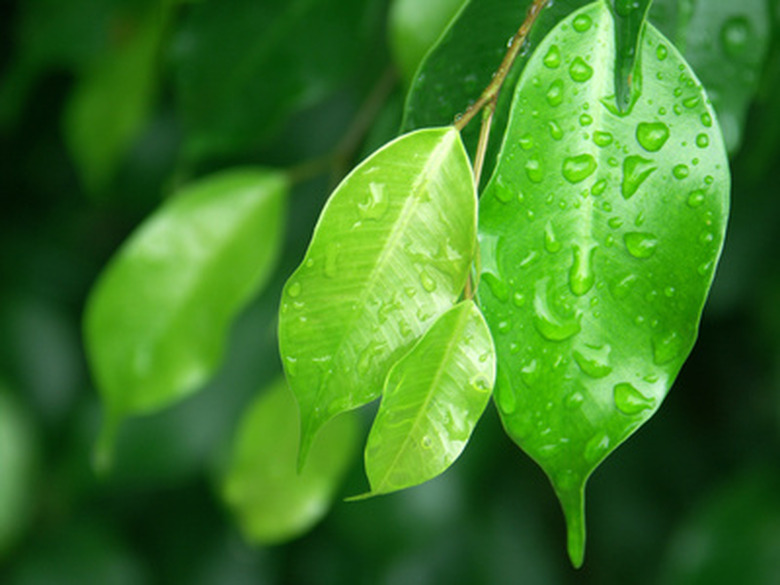Toxicity Of Ficus Benjamina
Ficus benjamina is a fig tree that is commonly grown indoors. It is also commonly known as the weeping fig. Ficus benjamina is the most common fig species, and is part of the Moraceae family. The trees are notable for their glossy green, ovoid foliage that taper to a point. The drooping leaves are the source of the name "weeping fig," as they give the plant a melancholy appearance. The sap that is emitted from the Ficus benjamina is toxic. The small fruits of the tree, although inedible, are non-toxic.
- Ficus benjamina is a fig tree that is commonly grown indoors.
- Ficus benjamina is the most common fig species, and is part of the Moraceae family.
Sap
The sap that is emitted from all parts of the Ficus benjamina is highly toxic. Contact with the sap can lead to both allergic and dermatitis reactions. As a result, the plants should be kept away from small children.
Symptoms
There are some key symptoms that generally signify a toxic reaction to Ficus benjamina. Some common signs to watch out for include itchiness of the eyes, wheezing and coughing, generally after excessive contact with the plant.
Sunlight
Right after direct contact with Ficus benjamina, as well as sunlight exposure, individuals might experience some signs of skin irritation. These signs include stinging, redness and itching of the skin.
- The sap that is emitted from all parts of the Ficus benjamina is highly toxic.
- Some common signs to watch out for include itchiness of the eyes, wheezing and coughing, generally after excessive contact with the plant.
Time Frame
In general, minor skin irritations due to the Ficus benjamina last for merely a few minutes. However, if you experience a skin irritation that persists, seek immediate medical attention.
Animals
If consumed, Ficus benjamina is highly poisonous to animals such as parakeets and cats. If chameleons consume excessive amounts of Ficus benjamina, they are likely to experience irritation of the eyes and the skin.
